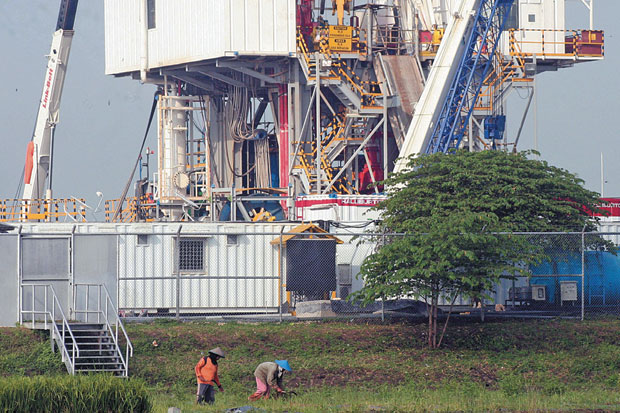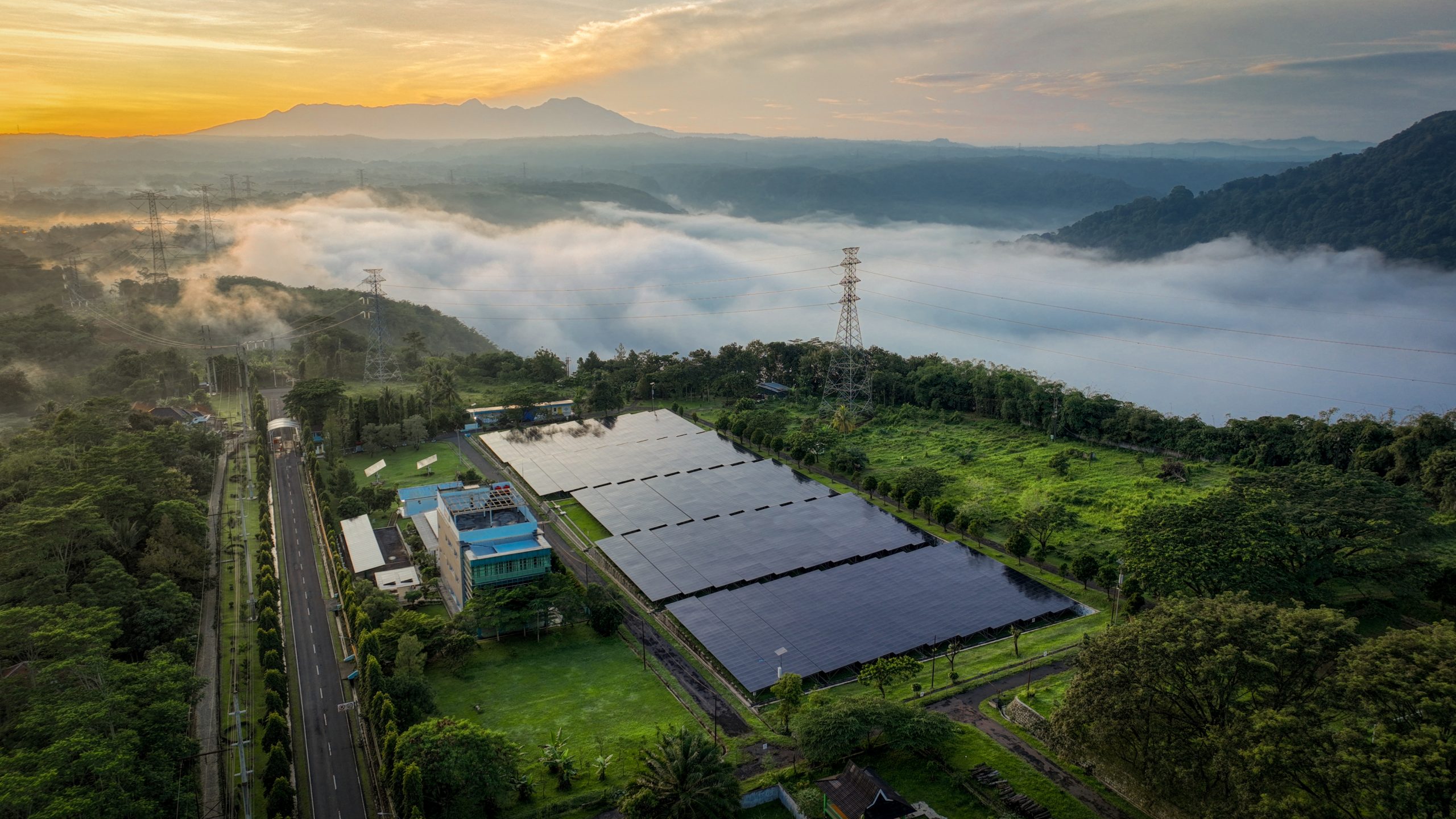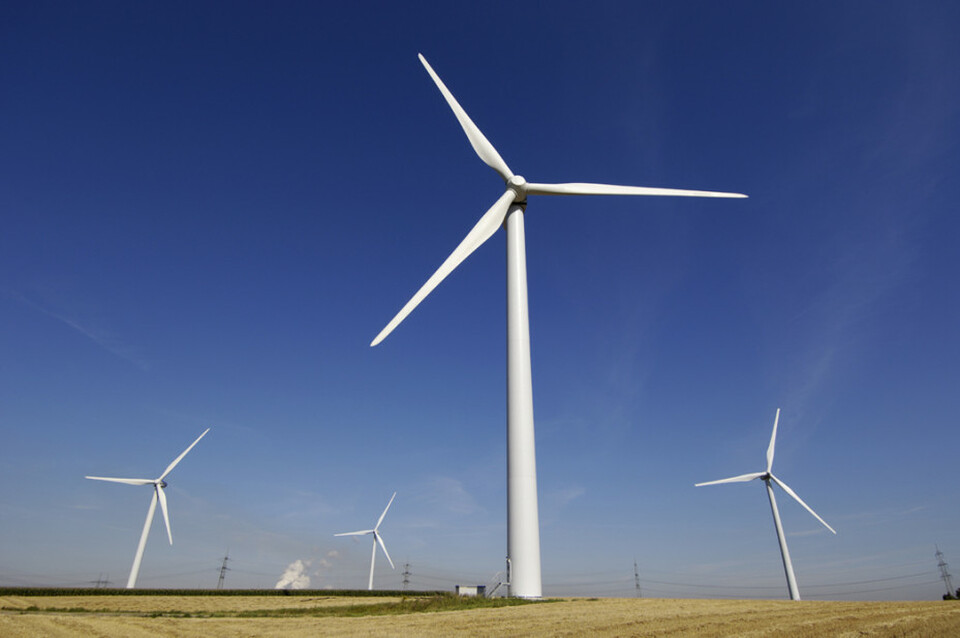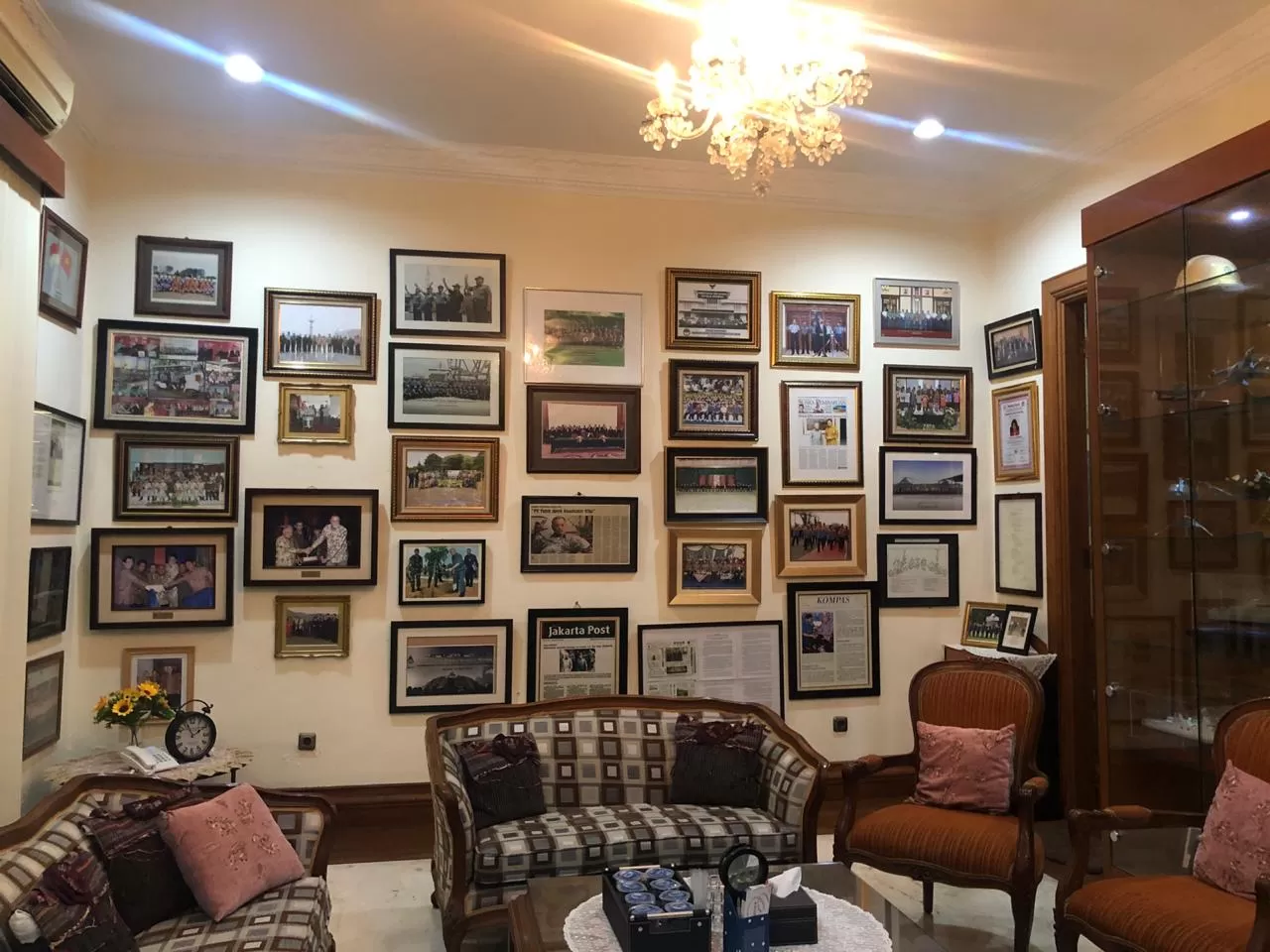Figure 1. Prof. Purnomo Yusgiantoro was delivering the presentation (left); Prof. Purnomo Yusgiantoro was accepting the memento from the Rector (right above); and the photo together between Speakers, Moderator, and Rector and students of Santo Thomas Catholic University Medan (right below).
To increase the knowledge of sustainable energy management for its students, Santo Thomas Catholic University Medan organized a national seminar titled, “The Sustainable Energy Resources Management for National Defense.” It is held in the Rectorate Building of Santo Thomas Catholic University on September 25, 2018. Keynote speakers and four discussion speakers were invited from different institutions to deliver the most updated condition in the energy field both national and global. Prof. Purnomo Yusgiantoro was invited as the keynote speaker, while Dr. Saleh Abdurrahman (the Secretary-General of the National Energy Council); Gus Irawan Pasaribu (the Head of Commission VII House of Representatives, which focus on Energy, Mineral Resources, Research and Technology, Environmental Affairs); Fabby Tumewa (the New and Renewable Energy (NRE) expert); and Danny Praditya (the representative of National Gas Company) were invited as the discussion panel speakers.
The seminar was opened by the Rector of Santo Thomas Catholic University Medan by greeting all the speakers and the invitations. Then it was continued by the keynote speech by Prof. Purnomo Yusgintoro. In his speech, Prof. Purnomo Yusgiantoro was presenting the basic definition of national energy security and the most updated dynamic conditions of energy worldwide. As the multidiscipline study, the energy could affect various sectors such as politics-security and social-economics. In the politics-security sector, the issues such as oil and gas politic middle east conflict, nation border conflict, as well as the conflict inside the nuclear usage. While the issues around social-economics, such as the balance between supply and demand, especially in Asia, the pro and cons of energy subsidy, the environmental issues as well as the vast growth of new and renewable energy. The data from IEA shows that the energy demand growth in 2040 would be slightly different from the condition today. Today, China holds the first position as the highest energy demand, however, in 2040 it is predicted that India’s demand growth will reach more than 174 percent and be the country with the highest increase of demand growth. Another interesting point is that Japan, Europe, and the United States is predicted to have a decrease in energy demand due to the application of their energy efficiency regulations. In the supply side, it is predicted that although the new and renewable energy started to grow, the fossil energy such as coal, oil, and gas will remain to dominate the market. However, the dependency on fossil energy is not in line with the oil, gas and coal reserves worldwide. For example, the oil discoveries decrease every year, while on the other hand the production is pushed to increase every year to meet the oil demand. This scenario occurs not only in the oil subsector but also for gas and coal. Those facts lead countries to formulate their best movement so that the national energy security could be achieved, including Indonesia. Energy security means that the ability to defend the external factor such as global changing as well as to guarantee the availability of the energy with a reasonable price (internal factor). Another factor called “4A + 1S” is also should be the guidance in pursuing the national energy security. The “4S + 1S” stands for Availability; Accessibility; Affordability; Acceptability and Sustainability. If all the factors above could be handled well by a country, then a country has already been an energy independent nation.
After the speech and some question and answer session, the Santo Thomas Catholic University was giving a memento as the token of appreciation for Prof. Purnomo Yusgiantoro, and in exchange, Prof. Purnomo Yusgiantoro as the founder of PYC was giving some books for the university library. In the next session, Dr. Saleh Abdurrahman and Mr. Gus Irawann Pasaribu as the stakeholders representative were presenting the current national energy condition. And the last discussion session, Mr. Fabby Tumiwa, and Mr. Danny Praditya were presenting the development of Gas and NRE, as these two kinds of energy are predicted to be the next future energy.







